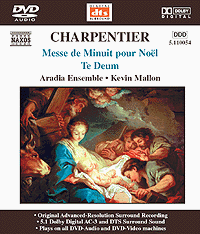On Tamales and Divine Wrath

If you are of the Mexican heritage, chances are you know what the above is: TAMALES!!! And of course, MY grandmother always makes the best ones. But often these little culinary delights are accompanied by a great deal of family tradition. In the spirit of Christmas and the New Year, I will tell you one of the traditions of my family.
My maternal grandfather and his stepfather were some of the first Braceros to work in this country. (Braceros were Mexicans allowed into the United States after World War II to work in the fields of this country, often with little pay and under harsh conditions.) They were, of course, away from the rest of the family for the holidays. (I am not sure of the details of this.) In any event, my great-grandmother, Concha, had a small stone image of the Holy Face in her room. Very worried about her husband and son (as wives and mothers usually are), she prayed a prayer of ultimatum to the Holy Face: bring back my husband and son, or I will hang you in the backyard and leave you there. So she took the little stone image and hung it in the backyard.
"If you bring them back safe and sound," she said, "I'll put you back inside, and every year, on New Year's eve night, I will make tamales and get the whole family to pray the rosary in front of you. But if you don't, you'll stay out here."
God has a way of responding to an audacity that is the result of love, and my grandfather and his stepfather returned safe and sound.
The only problem was Mama Concha forgot about her promise.
The next year around the same time, completely oblivious to her promise she made to the Lord Jesus, she went to her storage where she kept her corn and found to her astonishment, that it had been eaten by weevils! Then she remembered her promise, and to this day my family makes tamales and prays the rosary in front of that little humble stone carving of Our Humble Lord's visage.
God bless you all, and happy New Year!
Arturo










